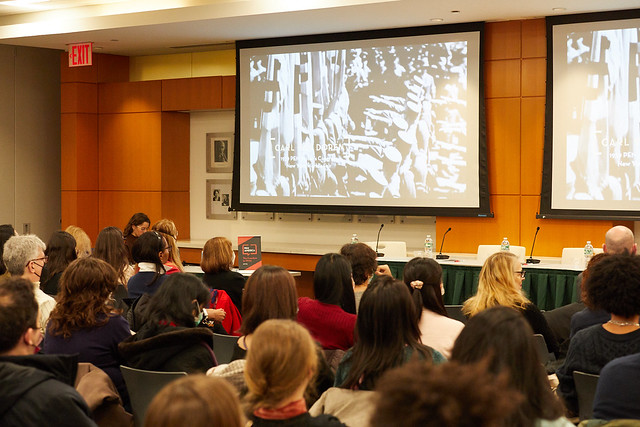
Knesset panel debates formation of 16 committees; Yesh Atid complains of discrimination
The Knesset’s Arrangements Committee opens its discussion on forming the 25th Knesset’s 16 permanent committees, debating the committee staffing proposal offered to the opposition by the coalition.
Committees perform key oversight and bill preparation work, and the coalition has presented a committee staffing plan that they characterized as similar to the one they received as opposition parties in the past Knesset. Citing unfair committee representation, the current coalition parties refused at the time to take committee seats in the 24th Knesset, when they were in the opposition.
According to the plan, which is not expected to come for a vote today, Prime Minister Benjamin Netanyahu’s Likud party will lead the Knesset House Committee, the Foreign Affairs and Defense Committee and the Economic Affairs Committee, and may lead a national infrastructure and a gas fund committee.
Religious Zionism MK Simcha Rothman will lead the Constitution, Law and Justice Committee, which is expected to feature fights about the coalition’s ambitious judicial reform agenda. Religious Zionism may also lead the national infrastructure committee.
Otzma Yehudit MK Zvika Fogel, a former IDF general, will head the National Security Committee, which will work closely with his party leader, National Security Minister Itamar Ben Gvir. The party might also helm the gas fund committee.
United Torah Judaism MK Moshe Gafni will reprise his longtime role as the head of the Knesset’s Finance Committee, whose temporary formulation he already chairs. Party MK Yaakov Asher will take the Interior Committee and MK Yisrael Eichler will chair the Labor and Welfare Committee.
Shas will oversee the Education and Health committees.
The Committee on the Status of Women, Science and Technology, as well as the State Control Committee, will go to the opposition.
Former prime minister Yair Lapid’s Yesh Atid is the opposition’s largest party, and it claims that the proposed allocation discriminates against the party. While most opposition parties received a per-party allocation in the plan, 24-seat Yesh Atid’s allocation was lumped together with the five-seat Islamist party Ra’am.
If it holds, the Yesh Atid-Ra’am grouping will receive a combined 50 committee placements.
National Unity received 21 placements, Yisrael Beytenu 10, Hadash-Ta’al 9, and Labor 7. In all, opposition parties received 97 placements to the coalition’s 111.







